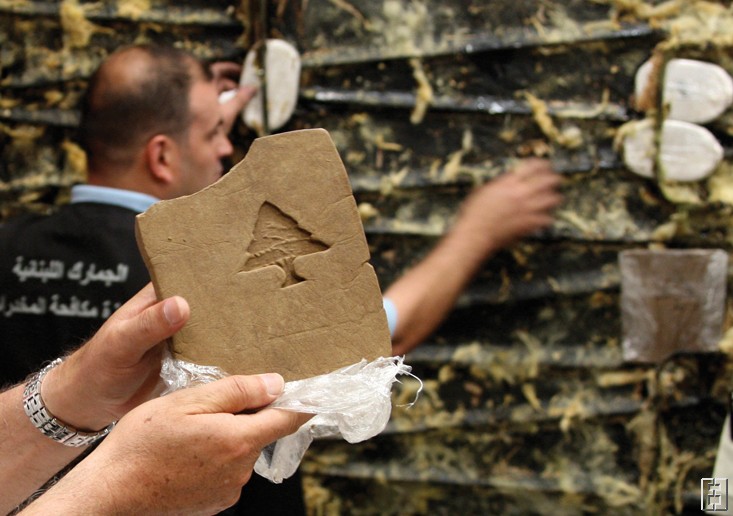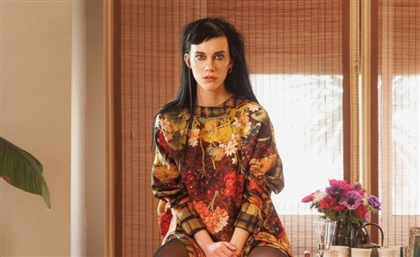Will Lebanon Legalise Hash?
As Lebanese authorities seem to back down from their war on drugs, many are wondering if the legalisation of hashish can solve more problems than it causes.

If Afghanistan is considered the global capital for heroin and opium, than one could argue that Lebanon is global capital for hashish. Just like in Afghanistan, Lebanon has been for years in a constant battle with the state to grow the highly lucrative and illegal crop. However, with the myriad of problems that are gripping Lebanon from within and around its border, security forces have come to terms that there are bigger problems to deal with than hashish growers.
Lebanon's war on drugs has led to security forces using bulldozers and flattening or burning fields in an effort to deter farmers from growing the crops. The showdown often ends in violence with farmers using assault rifles and rocket-propelled grenades to protect their investments. "If they want a confrontation that's no problem for us, it will be harvest season soon," Ali Nasri Shamas, a hashish farmer, tells Reuters.
Although the farmers are prepared to protect their crops, it seems as though that since 2012, security forces silently shelved their campaign amidst fears violence spilling over from Syria. "From the 1990s until 2012, cannabis eradication took place on an annual basis," Colonel Ghassan Shamseddine, head of Lebanon's drug enforcement unit, tells Reuters."But in 2012...it was halted because of the situation on the Lebanese borders and the instability in Syria."
Shamas grows a variety crops but none come close to matching the return cannabis provides. It costs between $100 and $150 to cultivate one dunum (a quarter of an acre, or tenth of a hectare), much less than a field of wheat and fetching up to $3,000 per dunum.
"We don't like cultivating cannabis by force and making problems," Shamas tells Reuters. "When the state legalises it and gives licenses, as they do for tobacco cultivation, we would abide by that, and the state would receive (revenues) from us."
With studies increasingly showing that cannabis has medicinal benefits, and the fact that war against growers only effectively drains an already financially struggling country, a growing number of economists are pushing for its legalisation.
Economist Marwan Iskander tells Reuters that fully legalising the cannabis crop would help impoverished parts of Lebanon contributing $400 million to the state budget and $2 billion to the wider economy.
Considering that a few states in America have recently legalised cannabis and raked in millions in profits in a short period of time, globally the way people think about cannabis is changing. With all the economic issues gripping the Middle East it seems like legalising hash would not only save lives, but also help states rebuild and prosper.
In Egypt hash is a grey area, as it is widely available, but still considered illegal. Instead of continuing to let drug lords profit, wouldn't it be better if that same money went to the state instead? Hopefully, if Lebanon finally makes the decision to legalise it, then one could assume that Egypt will soon follow, as we are a competitive nation in tonnes of debt.
If you would like to read more about this story we recommend checking out the wonderful investigation by Laila Bassam and Dominic Evans for Reuters.
- Previous Article Italy Rescues Egypt Immigrants
- Next Article Cook Door Improves Exam Grades
























